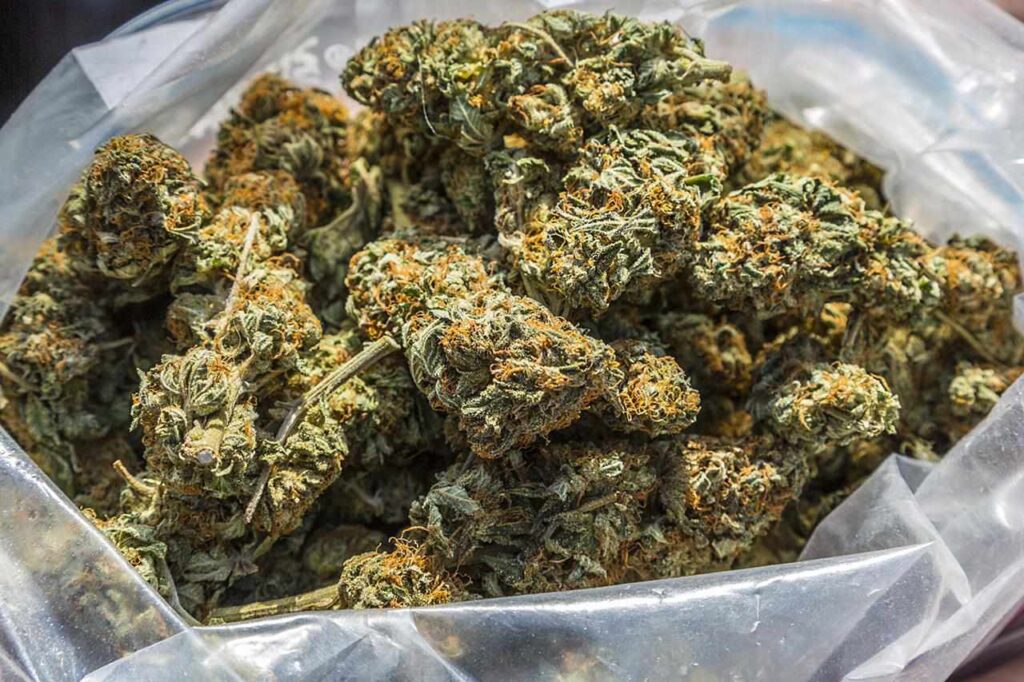Weed in Konotop: The Growing Challenge of Cannabis Use in a Small Ukrainian City

Konotop, a city in northeastern Ukraine, has a rich history and plays an important role in the region’s culture and economy. Known for its agricultural significance and historical landmarks, Konotop has been a focal point for trade and development. However, like many other cities in Ukraine, it is facing new social challenges that are starting to affect its younger population. One of the most concerning issues is the increasing use of cannabis, also known as “weed,” particularly among teenagers and young adults. on Weed in Konotop .
While cannabis remains illegal in Ukraine, its use is growing, and Konotop is no exception to this trend. The rise in marijuana consumption is not only a matter of concern for public health but also poses significant challenges to law enforcement, social services, and the broader community. Understanding the reasons behind this growing trend, its impact on Konotop’s youth, and the ways to address the issue is crucial for the city’s future. on Weed in Konotop .
The Rise of Cannabis Use in Konotop
Over the last few years, cannabis use has become increasingly common in Konotop. Despite being illegal in Ukraine, marijuana has become more accessible and socially accepted, particularly among the younger generation. The underground market for cannabis is thriving, and marijuana is readily available through street dealers or private networks. As access to cannabis becomes easier, the number of users, especially among youth, continues to grow. on Weed in Konotop .
Cannabis is often seen as a relatively harmless substance when compared to harder drugs such as heroin or methamphetamine. This perception has contributed to the normalization of its use in many social circles, where marijuana is viewed more as a recreational activity than as a dangerous substance. Many young people in Konotop see cannabis as a way to relax, alleviate stress, or socialize with their peers, with fewer perceived risks than other illegal drugs. on Weed in Konotop .
The growing popularity of cannabis is also linked to changing attitudes among the youth. For many, marijuana is seen as a symbol of rebellion or a way to challenge societal norms, especially in a country like Ukraine, where there has been a significant shift in attitudes toward personal freedom and individual choice. However, these shifts often overlook the potential long-term consequences of drug use, especially for those still in their developmental years.
The Role of Youth in Cannabis Consumption
The primary demographic driving the rise of cannabis use in Konotop is the city’s youth.
Economic conditions also contribute to the rise in cannabis consumption. Cannabis provides a temporary escape from the frustrations and challenges they face daily. For young people in Konotop, marijuana offers a brief relief from stress, boredom, and the uncertainty of their futures.
In a city where educational and career opportunities are limited, marijuana use is sometimes seen as a way to cope with the pressures of life.
Legal and Law Enforcement Challenges
Cannabis remains illegal in Ukraine, and the country’s drug laws are strict. Possession, distribution, and use of marijuana can result in fines, imprisonment, or both. Despite these laws, enforcement remains inconsistent, and law enforcement in Konotop struggles to control the growing cannabis trade.
The underground market for cannabis in Konotop continues to thrive, with marijuana being sold through discreet networks.
As cannabis use continues to rise, it becomes increasingly difficult for law enforcement to differentiate between casual users and those involved in the larger drug trade.
Health and Social Implications of Cannabis Use
Although cannabis is often considered a “soft” drug, it still carries significant risks, especially for young people. Regular cannabis use can interfere with brain development, impair memory, and reduce cognitive function. Adolescents and young adults, whose brains are still developing, are particularly vulnerable to these negative effects.
In addition to cognitive impairments, cannabis use is linked to mental health issues, including anxiety, depression, and psychosis.
Furthermore, the normalization of cannabis use in social groups can lead to a broader acceptance of other substances, making it easier for young people to experiment with harder drugs.
Addressing the Cannabis Issue in Konotop
To combat the growing problem of cannabis use in Konotop, a multi-pronged approach is necessary. Public awareness campaigns could emphasize the long-term health effects of marijuana, especially on brain development and mental health.
Local law enforcement must also step up efforts to reduce the availability of cannabis in the city. Increased police presence and vigilance are essential in ensuring that cannabis remains difficult to obtain, particularly for minors.
Additionally, providing alternatives for youth engagement is crucial.
Finally, improving mental health services and access to counseling is essential. Many young people in Konotop use cannabis as a way to cope with emotional or psychological stress.
Conclusion
Cannabis use in Konotop is becoming a growing concern, particularly among the city’s youth.
You’re the best when it comes to marijuana products , always taking care of me. Definitely recommending you to my friends. Thanks for the quick delivery .Really happy with the product .As usual, it’s top-notch. Keep it up you. you can contact them on email Scenthub43@gmail.com and also there Telegram : https://t.me/Scenthub43
wow Thanks for the referral they have great service and got the best weed around. and the delivery is so smooth.

Thanks for always being reliable! I can always count on you for good product.
You’re the go-to in the area for a reason. Always a smooth experience